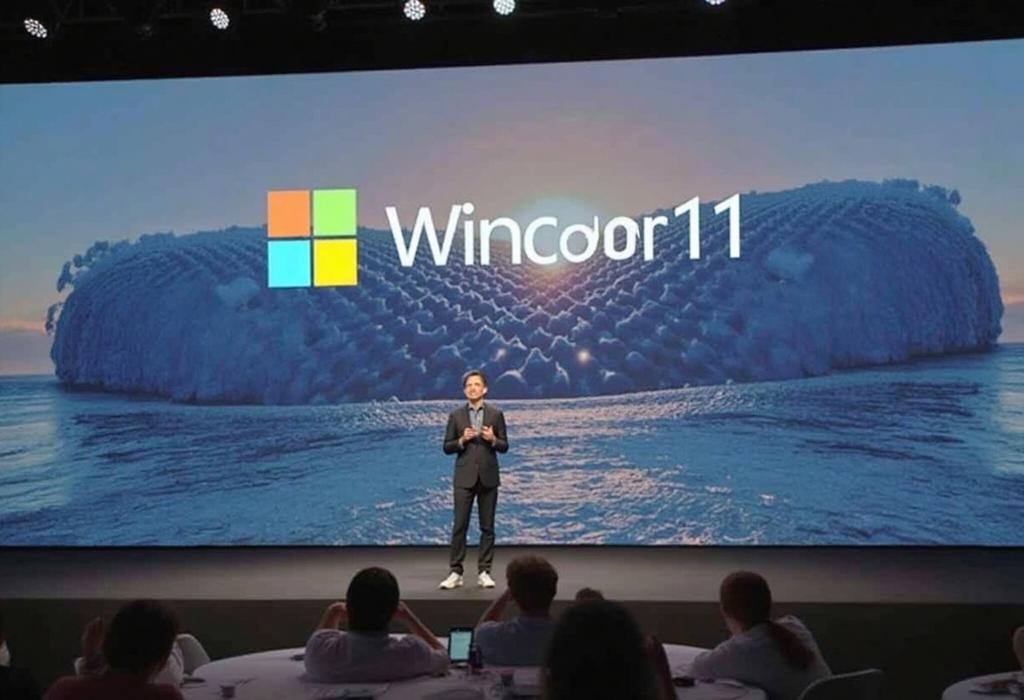Microsoft's aggressive campaign to encourage users to upgrade to Windows 11 has sparked a significant backlash, with many feeling pressured and cornered by the company's stringent hardware requirements. The new operating system necessitates a Trusted Platform Module (TPM) 2.0, leaving older PCs unable to update and destined for e-waste as Windows 10 approaches its end of life in 2025. This situation raises important questions about sustainability in the tech industry. With reports indicating a high percentage of healthcare providers still using outdated operating systems, the issue of compatibility with modern security standards is critical. Many organizations, especially within sectors that are often financially constrained, find themselves in a precarious position, unable to upgrade without significant additional costs.
Furthermore, the frequent integration of ads and notifications within Windows has diminished user satisfaction. This sentiment is echoed through various analyses pointing out that many Windows users yearn for an experience akin to macOS, which provides a streamlined, free update path without intrusive ads. Users are frustrated by what they perceive as a monetization strategy by Microsoft rather than a focus on user experience. The future of Windows as merely an 'operating system as a service' can alienate long-time customers who seek simplicity and ownership over their devices.
Critics argue that this method is not sustainable for both consumers and the environment. The urgency of addressing consumer needs could mean bolstering support for existing systems rather than pushing relentless upgrades that may leave millions in the lurch. As heritage equipment is consigned to the waste heap, the advertising-driven mantra becomes starkly inefficient for a planet facing environmental crises. Microsoft is urged to reconsider its approach and respect its user base's desire for longevity and sustainability.
In light of these factors, users are advised to remain cautious as they navigate the murky waters of Microsoft’s upgrade path, ensuring they are well informed about their options before making significant decisions about their computing devices.
AD
AD
AD
AD
Bias Analysis
Bias Score:
75/100
Neutral
Biased
This news has been analyzed from 7 different sources.
Bias Assessment: This score reflects a bias against Microsoft's practices and policies regarding Windows 11 and its upgrade path. The article presents emotional language and criticism that may lead readers to question Microsoft's intentions, potentially skewing towards a negative perception without presenting the full breadth of differing opinions on the topic. It positions the narrative strongly in favor of users' concerns while hinting at corporate malfeasance, thereby leaning towards an opinion-based critique rather than a purely objective report.
Key Questions About This Article




